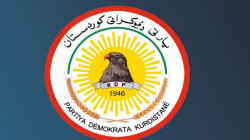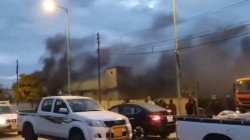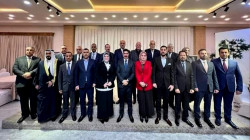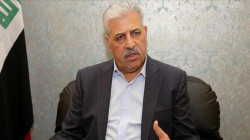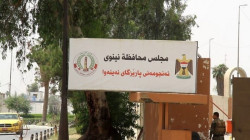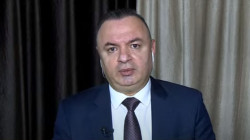Nineveh's blame game: Power struggle stalls governance
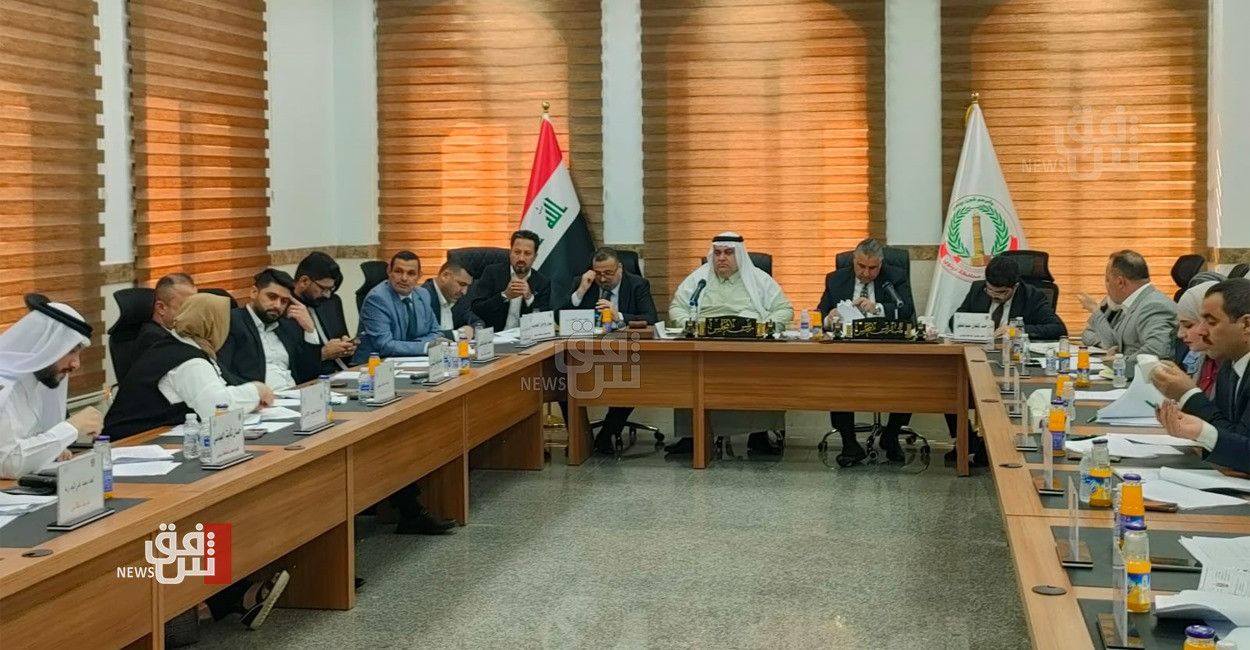
Shafaq News/ Once a beacon of recovery, Nineveh is now paralyzed by political infighting. Instead of ushering in reform, its newly elected provincial council is mired in power struggles, halting progress and deepening public disillusionment.
Council Composition
The Nineveh Provincial Council consists of 29 elected members representing diverse ethnic and religious communities. The two dominant factions are the Unified Nineveh Bloc—aligned with the Sunni Arab majority and supported by the Kurdistan Democratic Party (KDP)—and the Future of Nineveh Bloc, which represents Shabaks, Yazidis, Christians, and other minorities, backed by the Shiite Coordination Framework in Baghdad.
Rather than encouraging collaboration, these alliances have deepened divisions. The council has failed to reach a consensus on basic governance issues, rendering it unable to legislate or conduct oversight.
Administrative Appointments Gridlock
At the center of the deadlock is a dispute over the appointment of directors for Nineveh’s 20 administrative units, crucial positions for public service delivery. The Future of Nineveh Bloc held a council session—boycotted by rival factions—where it unilaterally approved all 20 appointments.
The bloc maintains that both the Federal Court and the Administrative Court upheld the session’s legality. However, the Unified Nineveh and KDP blocs reject its legitimacy, insisting that such appointments require cross-party consensus.
The controversy primarily concerns four of the appointees, whose eligibility has been called into question. Council member Muadh Haji explained, “The disagreement centers on four names, out of the 20 voted upon, due to incomplete procedures involving the Accountability and Justice Commission, as well as issues related to age, educational qualifications, and integrity.”
As a result, the council has failed to reach a quorum, halting all legislative activity.
Governor Under Pressure
Governor Abdulqader al-Dakhil is caught between the opposing blocs. The Future of Nineveh Bloc is pressuring him to issue administrative orders ratifying the disputed appointments.
One council member told Shafaq News anonymously, “Some pressures reached the point of threatening to remove the governor from his position if administrative orders are not issued in the coming days,” noting that the pressure came from within the Future of Nineveh Bloc.
Meanwhile, the Unified Nineveh Bloc has warned against moving forward without a broader agreement.
Calls for Council Dissolution
As the deadlock drags on, demands to dissolve the council have intensified. The Unified Nineveh Bloc accuses its rival of exploiting the institution for partisan purposes.
In a public statement, it accused the Future of Nineveh Bloc of “engineering crises and sowing chaos within the council since day one, plunging it into a spiral of fruitless disputes and total dysfunction.”
The Future of Nineveh Bloc has issued counter-accusations. Its leader, Mohammad Ahrees, asserted, “Our bloc is committed to completing the quorum and holding sessions to fulfill our legislative and oversight duties and deliver services to the people.”
He added that the Unified Nineveh Bloc “has pressured the governor to halt orders related to the administrative heads, despite rulings from the Federal and Administrative Courts upholding the council’s decisions.”
Public Frustration
Amid these disputes, public frustration is growing in Nineveh, particularly in Mosul, where citizens are increasingly disillusioned with the council’s dysfunction and political infighting. Mosul-based activist Ahmed al-Dulaimi expressed this discontent, “The provincial council has reached a dead end due to intensifying problems and disputes since its inception.”
He warned that continued dysfunction may lead to “a large-scale boycott of future local and parliamentary elections in Nineveh due to the negative message it has sent.”
Beyond stalling governance, the crisis has eroded public trust in Iraq’s democratic institutions. As daily challenges remain unaddressed, many residents believe that elected officials are “prioritizing political maneuvering over public service.”
The impasse also exposes systemic flaws in Iraq’s decentralized governance. While provincial councils were designed to empower local authorities, they have often devolved into platforms for elite competition.
Mohammad Abbas, spokesperson for the Sovereignty (al-Siyada) Party, remarked, “The real problem in Nineveh is the attempt to impose political will and override the identity of the province’s majority population.”
He accused members of the Future of Nineveh Bloc—“linked to political factions in Baghdad”—of attempting to dominate executive positions for electoral advantage.
